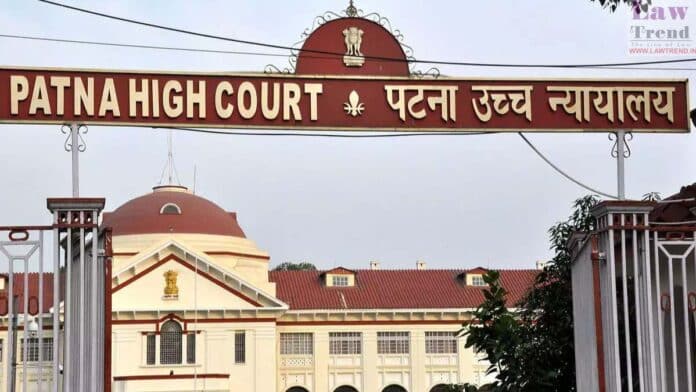Patna, July 2, 2024— In a significant judgment, the Patna High Court has acquitted Ajeet Kumar, who was convicted last year for the rape of a minor under the Indian Penal Code (IPC) and the Protection of Children from Sexual Offences (POCSO) Act. The judgment, delivered by a division bench comprising Honourable Mr. Justice Ashutosh
To Read More Please Subscribe to VIP Membership for Unlimited Access to All the Articles, Download Available Copies of Judgments/Order, Acess to Central/State Bare Acts, Advertisement Free Content, Access to More than 4000 Legal Drafts( Readymade Editable Formats of Suits, Petitions, Writs, Legal Notices, Divorce Petitions, 138 Notices, Bail Applications etc.) in Hindi and English.




